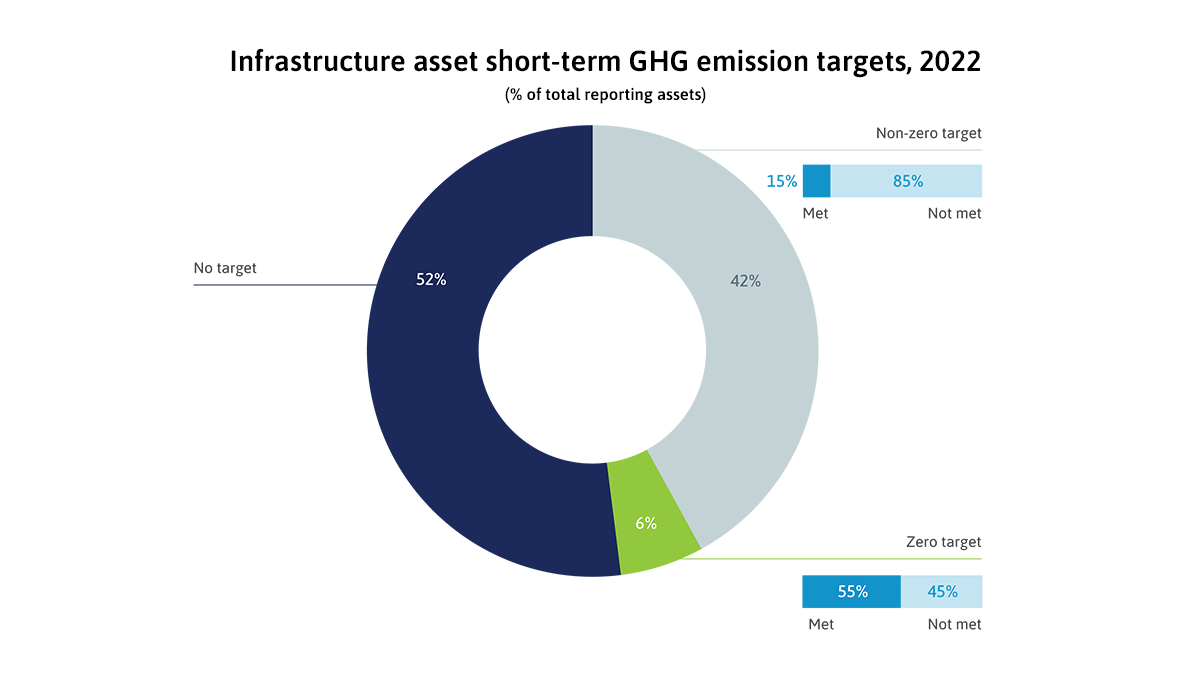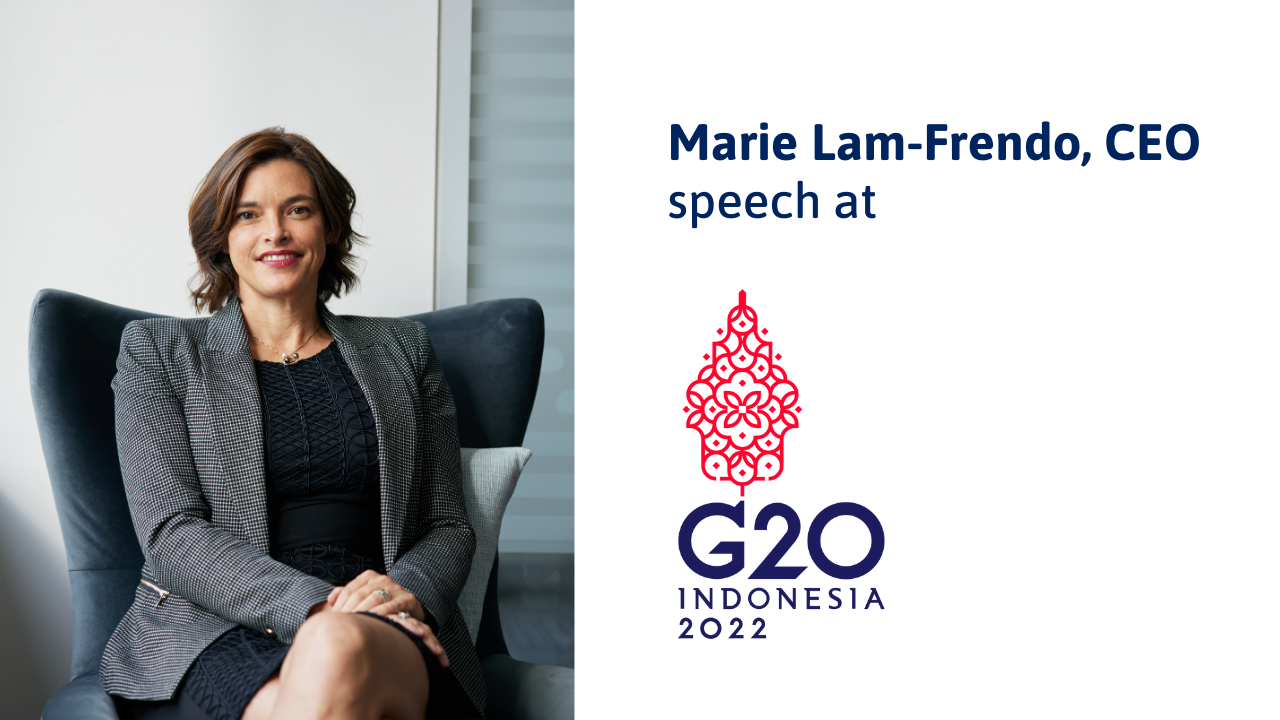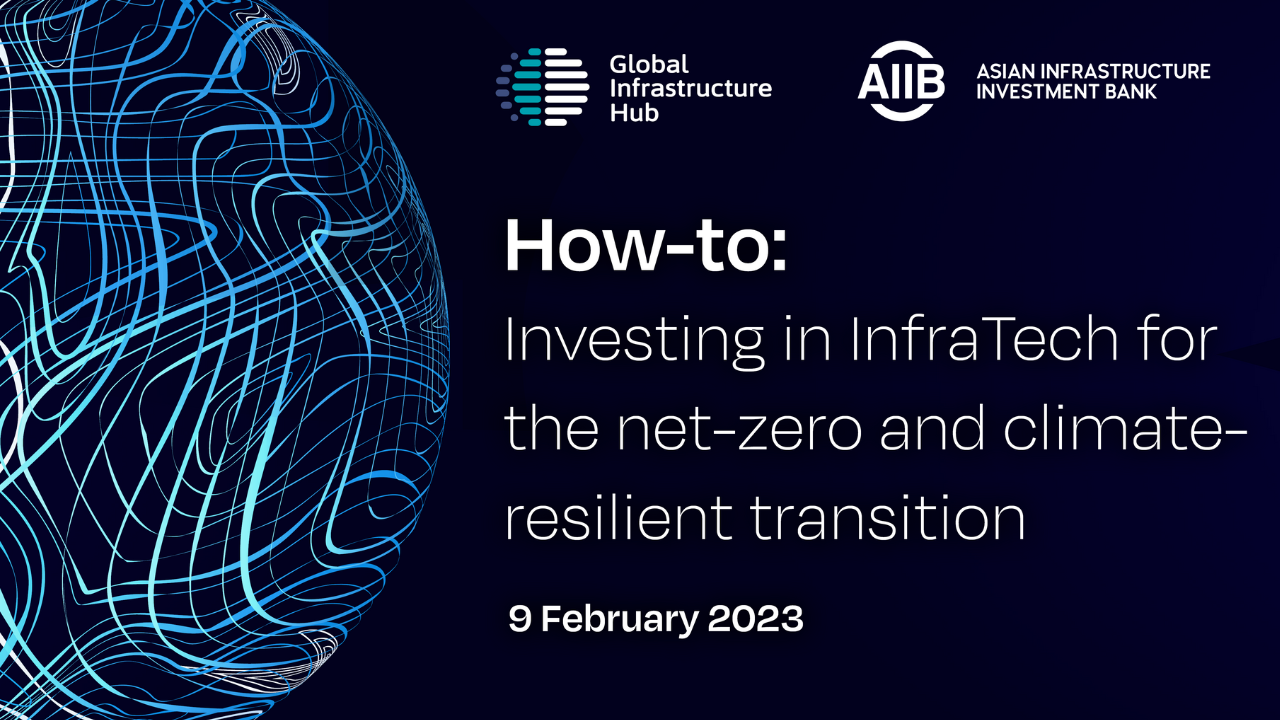162 results found
Featured results


More results
Our latest Q&A explores the key objectives, learnings, and insights from the Infrastructure Governance in Canada Report
The report was created to establish a shared set of principles to unite the sector and assist in aligning policies, strategies, and initiatives towards a circular economy.

McKinsey interviews our CEO, Marie Lam-Frendo about key strategies to help infrastructure leaders to attract private investment and meet net zero goals
Interrelated challenges are common bottlenecks in the planning process for linear infrastructure designed to address climate change. This article explores how the Linear Infrastructure Planning Panel is enabling InfraTech for accessible decisionmaking.
The carbon finance market is evolving rapidly but is fragmented and complex. With project and political risks affecting the private sector’s willingness to enter new carbon markets, what can governments of developing countries do to scale up participation?

In this article, the authors explore the successes and failures of the built environment’s digital transformation to date, why the Smart City concept is necessary but not sufficient and 3 steps for achieving the Adaptive City of the future – one which works for everyone.


The GI Hub is helping ‘connect the dots’ among governments, technology providers, and investors to scale up technological adoption and seize the opportunity for more sustainable roads. Here, we discuss why this is important and what we aim to achieve.
At last week’s meetings of the G20 Finance Ministers in Washington DC in the margins of the World Bank / IMF Spring Meetings, conversations continued to drive toward action on debt, reform of multilateral institutions, and sustainable finance and investment for the climate transition.
In response to a call for submissions issued by the GI Hub and eight multilateral development banks (MDBs) in March 2023, nearly 50 technology providers submitted solutions to make roads more sustainable in emerging markets.
This article breaks down the blockers to InfraTech adoption and why they occur. Use this article to deepen your understanding of the repercussions of problems like poorly defined value cases and disparate interests among parties across the timeline.

In 2022, infrastructure assets improved their ESG scores in all three pillars of ESG. The scores are encouraging, but they do not mean the assets themselves are more sustainable.


In partnership with seven MDBs, the GI Hub has issued a Call for Submissions for technology-enabled solutions for sustainable roads. The program will provide governments and investors with a pipeline of technology-enabled solutions to make roads more sustainable, and will give technology solution providers an opportunity to pitch their solutions to MDBs for use on current and future road projects.
In this Q&A we speak to IRIS CEO and Co-founder Emil Sylvester Ramos, to find out how winning the GI Hub’s 2021 innovation competition has helped IRIS to scale globally and reach emerging markets.
Mastercard worked with Transport for London to complement TfL’s closed-loop Oyster system with open-loop EMV payment acceptance, which enables riders to use their own payment card or an enabled device that they already carry with them to pay for public transit. TfL was the first transport system to implement an open-loop EMV payment system.
Watch our CEO Marie Lam-Frendo explore solutions and challenges for decarbonising the transport sector in the latest episode of CNBC's 'Greenprint for a Sustainable Future’ series.
This study examines all aspects of the digitalisation of infrastructure for a sustainable future

The Global Infrastructure Investor Association, in partnership with Marsh & McLennan, examines the impacts that rapid technological advancement are having on infrastructure assets around the world and what these will mean for the sector in years to come.

Join the GI Hub and Asian Infrastructure Investment Bank for a webinar that will present the case for investing in infrastructure technology (InfraTech) to support the transition to net zero.





 Metrolinx Transit Program
Metrolinx Transit Program













